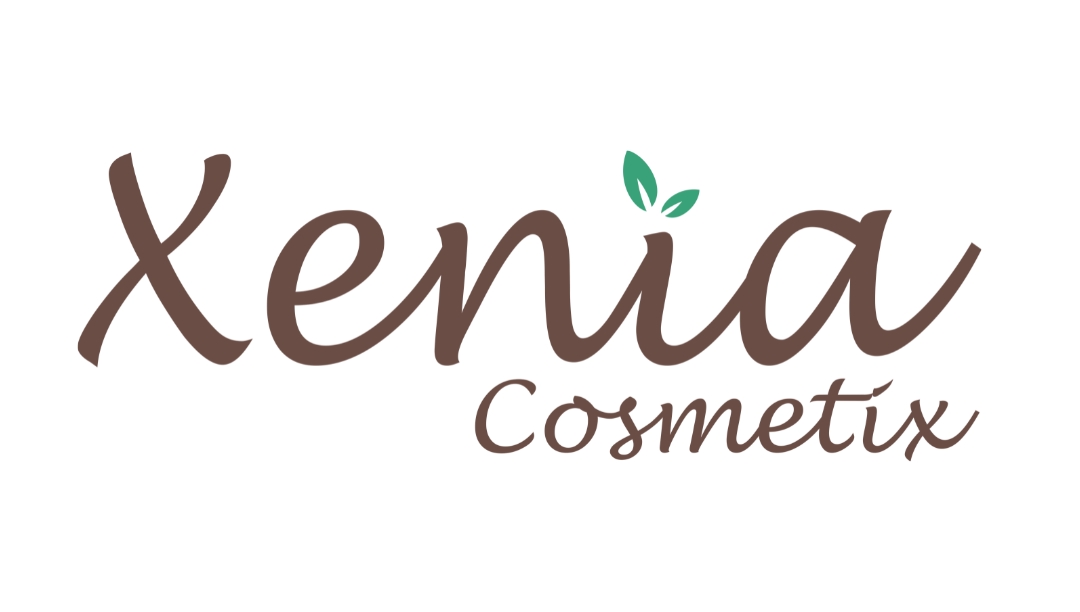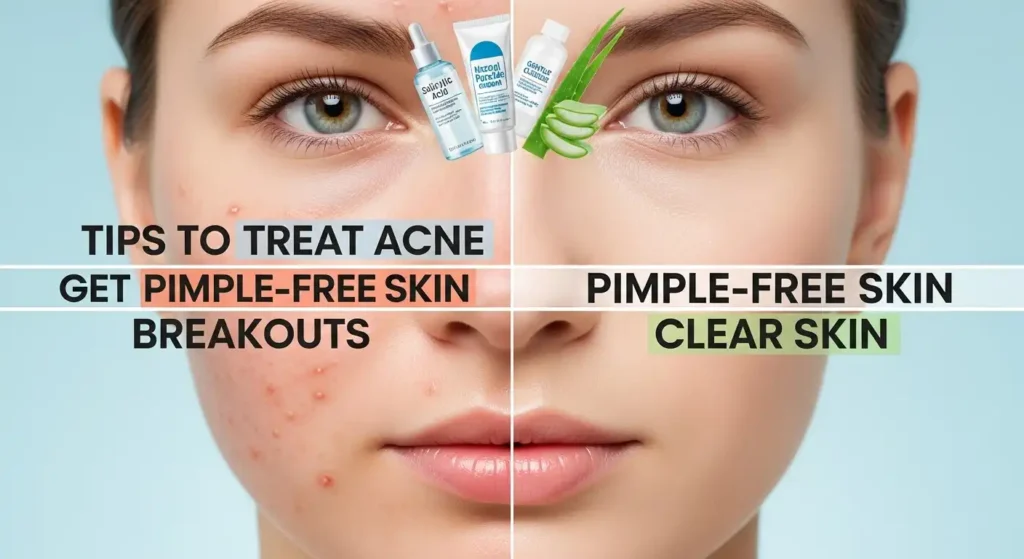Acne and Skin Care Basics
Acne is one of the most common skin conditions that affects people of all ages. It occurs when the pores of your skin become blocked by oil, dirt, and dead skin cells, which then leads to breakouts. Although acne is often linked with teenagers, many adults also experience it. Therefore, good skin care is essential because the way you treat your skin can either help prevent acne or make it worse. For example, simple steps such as choosing the right acne solution—like cleansers with benzoyl peroxide—and remembering to wash your face daily can make a big difference. As a result, these habits help keep your skin healthy and reduce future flare-ups.
What Is Acne and How Does It Affect Your Skin
This is more than just a pimple here or there. It’s a skin condition that develops when your pores clog with excess oil and debris. This buildup creates the perfect environment for bacteria to grow, which can cause spots. The result is inflamed red spots, whiteheads, blackheads, or painful cysts. Over time, untreated acne can leave marks or scars on your skin, making early care very important. Understanding spots helps you manage it better and prevents it from becoming a long-term common skin problem.
Causes of Acne and Why People Get Pimples
There are several reasons why people get acne. For instance, hormonal changes during teenage years, pregnancy, or stress can trigger a breakout. In addition, excess oil production, irregular shedding of skin cells, or certain lifestyle habits may also cause it. When the oil and dead skin build up inside a pore, it becomes blocked and eventually leads to a pimple. Moreover, using the wrong skincare products can actually make spots worse. This is why dermatologists often recommend benzoyl peroxide cleansers or non-comedogenic products as part of a proper skin care routine.
Common Symptoms of Acne You Should Know
It doesn’t look the same for everyone. The common skin symptoms include blackheads, whiteheads, red inflamed pimples, and in some cases, larger painful cysts. You might also notice skin sensitivity, swelling, or itchiness during a breakout. These symptoms happen because pores clog and bacteria multiply, leading to inflammation. If you experience frequent breakouts, it’s important to keep up with a gentle skin care routine and wash your face twice daily to help clear your skin. For stubborn acne, products with benzoyl peroxide can be effective in reducing bacteria and calming inflammation.
Types of Acne and Related Skin Problems
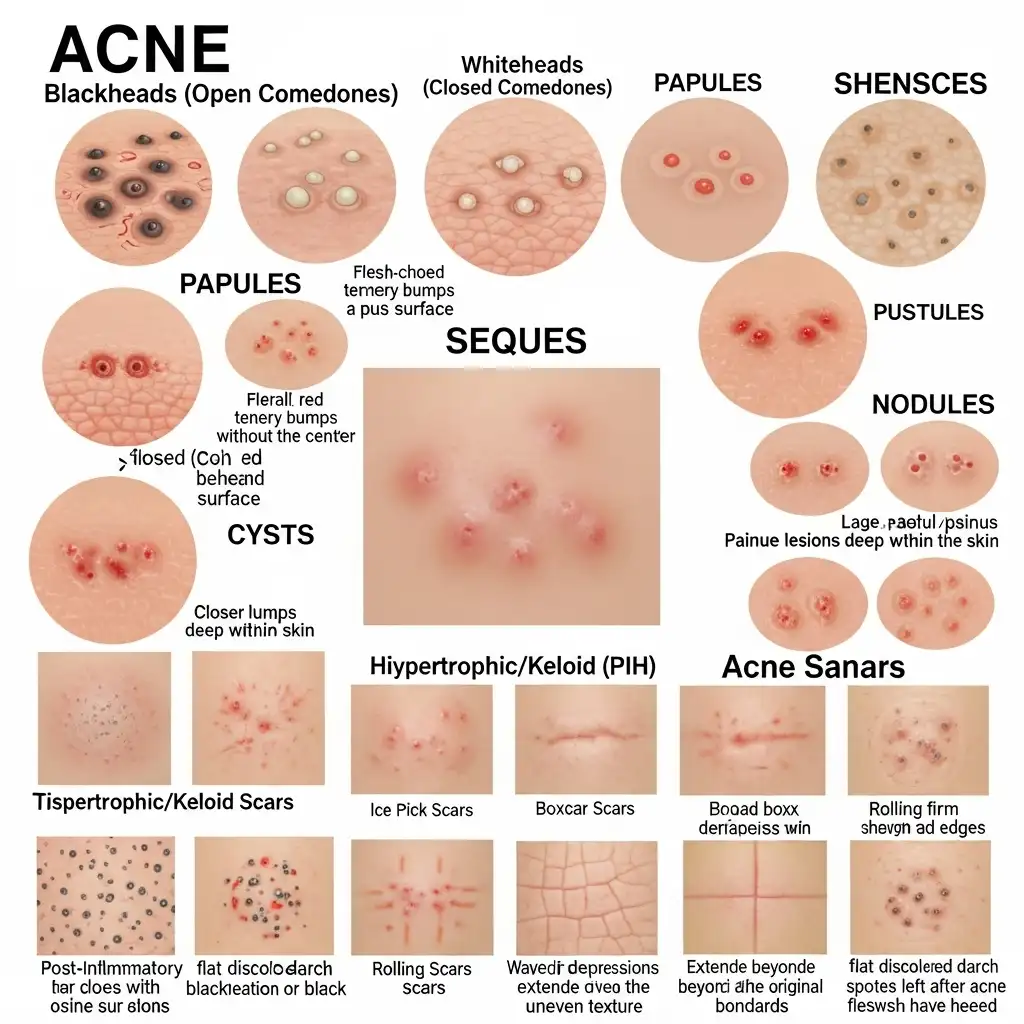
This is a common skin condition that affects millions of people worldwide. To begin with, the types of breakouts vary from mild blackheads and whiteheads to moderate to severe acne, such as cystic acne. Furthermore, some people may also experience spots in the form of nodules, which can be painful and lie deep under the skin. In addition, other skin problems like rosacea or eczema can sometimes be confused with an acne breakout. Therefore, knowing the type of acne you have is important because it helps treat your spots properly and prevents treatments that could actually make it worse.
Acne Blemishes and How They Develop
It blemishes start when dead skin cells and excess oil block the pores. This blockage creates the perfect environment for bacteria to grow, leading to inflammation and a visible acne explosion . Small bumps can turn into red pimples, blackheads, or even deeper nodules if not treated early. Trying to pop pimples can worsen acne, leave scars, and sometimes even increase the risk of skin cancer if the skin becomes damaged repeatedly. To treat existing spots and prevent new explosion , it’s important to use the right skin care products and sometimes prescribed acne medications.
Adult Acne vs Teenage Acne – Key Differences
Both adults and teenagers can get it, but the causes and patterns can be different. Teenage acne is mostly triggered by hormonal changes during puberty, while adult acne may be linked to stress, hormonal imbalance, or unsuitable skin care products. Adults often struggle with moderate to severe acne around the jawline and chin, while teenagers see more pimples on the forehead and cheeks. In both cases, lifestyle choices and genetics play a role in spot causes. The right approach can help you treat your zits and work towards clear skin at any age.
How Oily Skin Contributes to Acne-Prone Skin
Your skin type plays a major role in acne development. People with oily skin are more likely to have acne-prone skin because excess oil can mix with dead skin cells and clog pores. Once this happens, an acne explosion is likely to appear. The wrong skincare routine can also irritate your skin and make zits worse. If you have oily skin, it’s important to protect your skin with gentle cleansers, avoid heavy creams, and use lightweight, non-comedogenic skin care products. This can help you prevent new explosion and treat existing spots more effectively.
Effective Skin Care Routine for Acne-Prone Skin
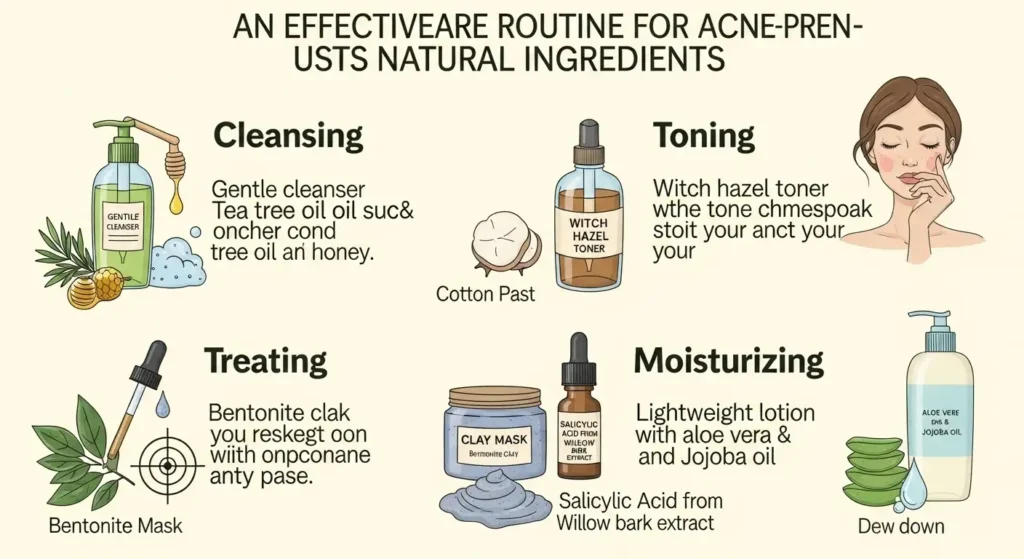
An effective routine is essential if you want to get rid of it and work toward smooth skin . Start by cleansing your face twice daily to remove oil, dirt, and dead skin cells. Use recommended skin care products such as salicylic acid or . bpo cleansers. Apply non-comedogenic moisturizers to protect your skin without clogging pores. If you have moderate to severe acne, your skin doctor may suggest acne medications to help treat your acne. Following the right routine helps to treat existing acne and prevent new explosion over time.
Daily Skin Care Tips to Prevent Acne and Pimples
Simple daily habits can reduce your chances of an acne explosion. To start with, always wash your face after sweating, as this helps keep the skin clean and prevent clogged pores. Moreover, avoid touching your face too much, and never pop pimples because this can worsen acne and lead to scars. Additionally, choose skin care products that match your skin type, and avoid ingredients that may irritate your skin. Equally important, a balanced diet, proper sleep, and stress management also help reduce acne causes. As a result, by keeping up with these tips, you can treat existing acne while also working to prevent new explosions, leading to healthier and clearer skin.
Choosing the Right Acne Products for Clearer Skin
With so many options available, picking the right acne solution can be confusing. Always start by choosing a cleanser and treatment with proven ingredients like benzoyl peroxide or salicylic acid to help treat your zits . Match products to your skin type, since the wrong choice can make acne worse or irritate your skin. If you have severe acne, a dermatologist may recommend prescription its medications. The main goal is to treat existing zits , prevent new eruption , and achieve smooth skin safely.
For reliable options, you can try:
Neutrogena Oil-Free Acne Wash – a trusted salicylic acid cleanser that clears clogged pores and helps reduce eruption .
Xenia Acne Face Wash – a gentle herbal cleanser designed for oily and acne-prone skin, keeping your face fresh and clean.
Xenia Acne Shield Serum – enriched with tea tree and lemon oil, this serum reduces pimples, minimizes pores, and soothes irritation.
Natural Remedies That Help Clear Acne
Acne can appear when the pores of your skin become clogged with oil, dirt, or dead skin cells. Some of the main causes of acne include excess oil production, bacteria, and hormonal changes. For people prone to acne, a good daily routine can help control acne and keep your skin clear.
Always wash your skin gently with a mild cleanser to remove dirt and oil.
Avoid scrubbing too hard as it may damage the skin and actually worsen acne.
Use acne treatment products like cleansers or serums with salicylic acid or tea tree oil to treat pimples and prevent eruption .
Regular, gentle skin care is key to reducing acne formation and keeping your face fresh.
Treating Scars and Blemishes
After new pimples heal, some people are left with scars or dark spots. These marks often appear on the area of skin where acne used to be. To treat them:
Apply serums with natural ingredients that help lighten blemishes.
- Use topical acne treatments like retinoids to smooth uneven skin texture.
- Always protect your skin from the sun, as UV rays can cause acne to flare and make scars worse.
Consistent treatment can help fade scars and improve the look of skin and make it healthier.
Best Dermatologist Recommended Treatments for Acne Scars
For severe scarring, skin doctor may suggest professional treatments:
Chemical peels to remove the top area of skin and improve texture.
Laser therapy to target scars deep in the skin.
Microneedling to promote new skin growth.
These methods work well for people with stubborn scars from hormonal acne or long-term acne development. A specialist can guide the right plan for your skin type.
Lifestyle Habits That Help Prevent Acne
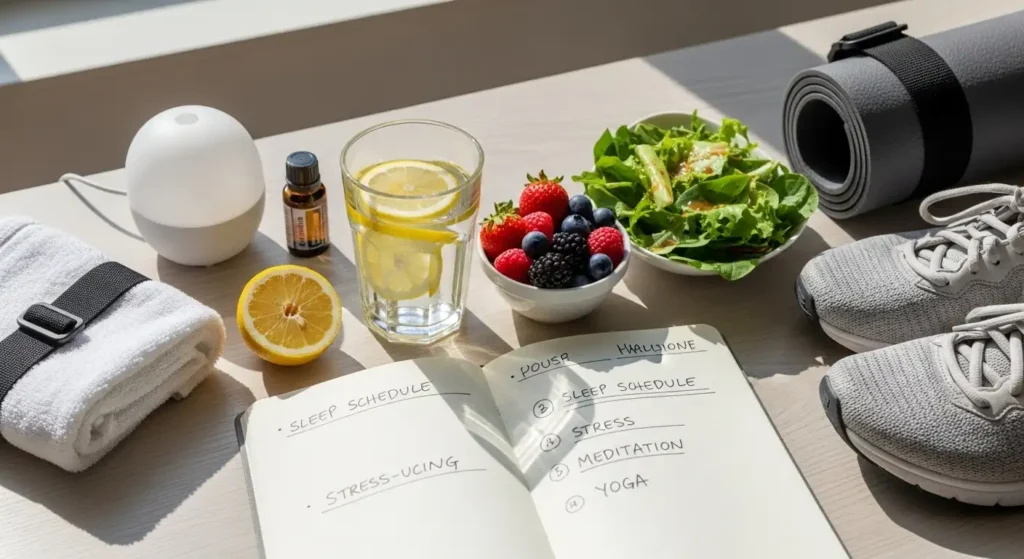
Daily habits can either contribute to acne or help reduce it. To lower your risk of acne:
Wash your pillowcases and towels often to avoid bacteria build-up.Avoid touching your face, as it can transfer oil and dirt.
Don’t over-cleanse or dry your skin, as this may trigger new acne.Keep stress under control, since it can lead to hormonal acne and new pimples.
Diet and Foods That Reduce Pimples and Oily Skin
What you eat can also contribute to acne or help control it. A balanced diet reduces the risk of acne and helps clear the pores of your skin.
Eat more fruits, vegetables, and whole grains to support gentle skin care from the inside.
Reduce oily, fried, and sugary foods that can cause acne to flare.
Drink plenty of water to stay hydrated and keep your skin fresh.
Certain foods, like nuts, seeds, and green tea, may also help reduce acne development and oily skin.
Dos and Don’ts for Clear Acne and Healthy Skin
Do’s:
Use mild cleansers to wash your skin twice daily.
Apply suitable blemish solution products to treat pimples and prevent eruption .
Moisturize with non-comedogenic products to control acne and protect your skin.
Don’ts:
Don’t pop pimples—it can damage the skin and lead to scars.
Don’t overuse harsh scrubs that actually worsen acne.
Don’t sleep with makeup on, as it may block pores and form new acne.
Following these simple steps helps reduce the risk of acne, prevent acne formation, and promote healthier, clearer skin.
When to See a Dermatologist for Acne Treatment
Acne is a common skin problem, but sometimes home remedies are not enough. If you are affected by acne that keeps coming back or if acne on your forehead, cheeks, or other areas becomes painful, it may be time to see a dermatologist. A skin doctor specializes in treating the skin and can suggest the right care for your acne type.
Signs You Need Professional Help for Acne and Pimples
People with acne often wonder when to seek medical help. Some clear signs include:
Moderate or severe acne that does not improve with basic care
Frequent acne flare-ups that trigger acne again and again
Skin irritation from using products or washing your skin harshlyScars or marks left behind after pimples healA form of acne that spreads quickly or worsens despite treatment
Remember that acne can lead to long-term skin concerns if not treated properly. Early professional care can make your skin healthier and prevent damage.
Advanced Dermatologist Recommended Acne Treatments
Dermatologists may recommend advanced blemish solution options depending on the severity and acne type. These can include topical acne creams, oral medication, or therapies like chemical peels and laser treatments. Unlike over-the-counter products, these treatments are designed to target the root causes of pimples and improve skin health. A specialist will guide you toward safe treatments that will not damage the layer of skin or make your skin worse.
Long Term Solutions for Clearer Skin
To help keep the skin healthy, follow a gentle routine and avoid picking your skin, as this can cause scars and new pimples. Choose mild cleansers that do not irritate the skin and cause more problems. Protect your skin and prevent eruption by eating well, managing stress, and avoiding harsh products. Long-term results come from combining healthy lifestyle habits with professional acne care.
Conclusion – Your Journey to Clear and Healthy Skin
While acne is a common skin concern, it should never be ignored if it starts affecting your confidence or daily life. With proper guidance, blemish solution can improve skin health, prevent flare-ups, and protect your layer of skin from damage. Remember that acne does not define you—taking small steps and, when needed, seeking help from a dermatologist can make your skin clearer, healthier, and stronger over time.
